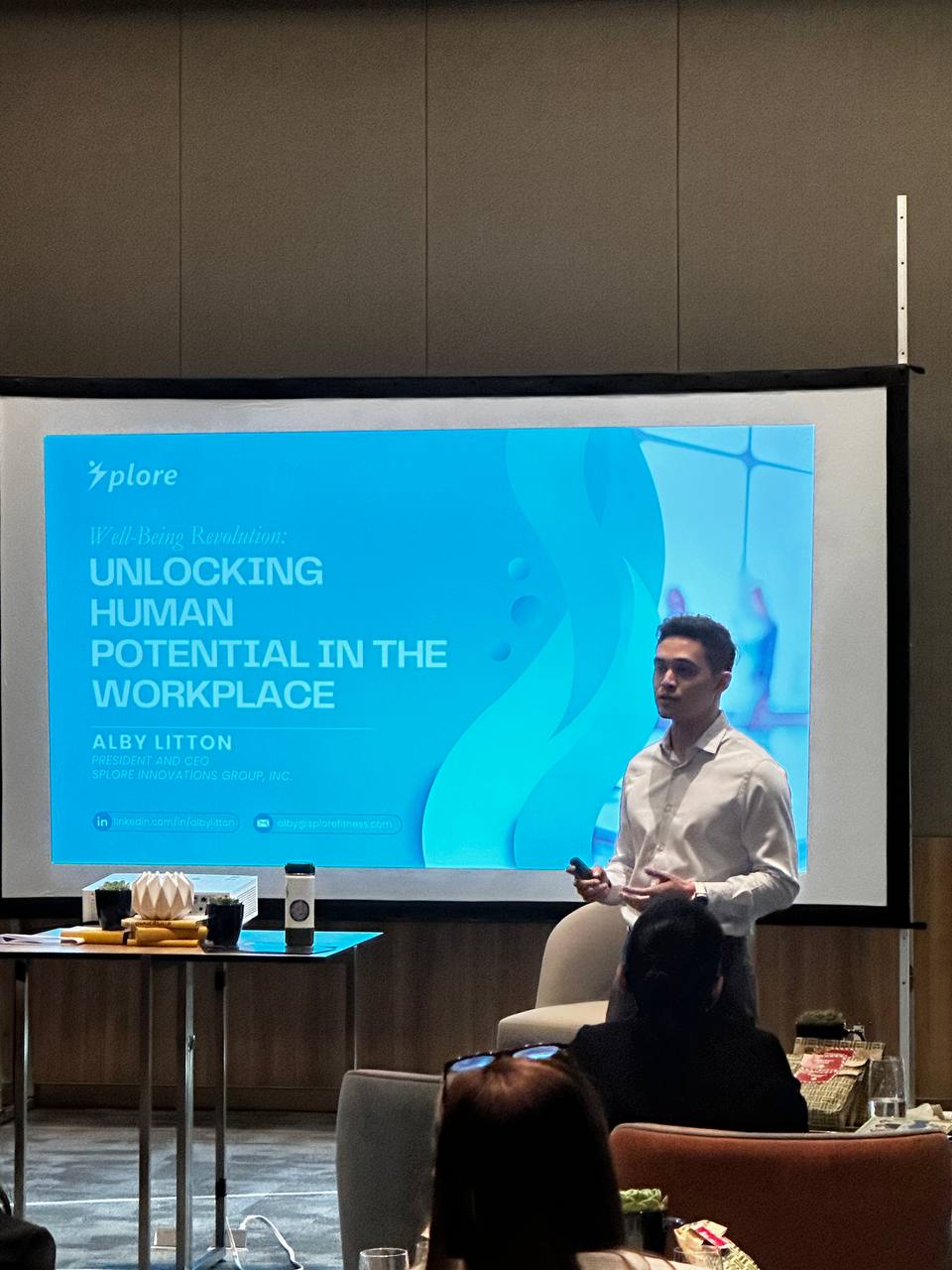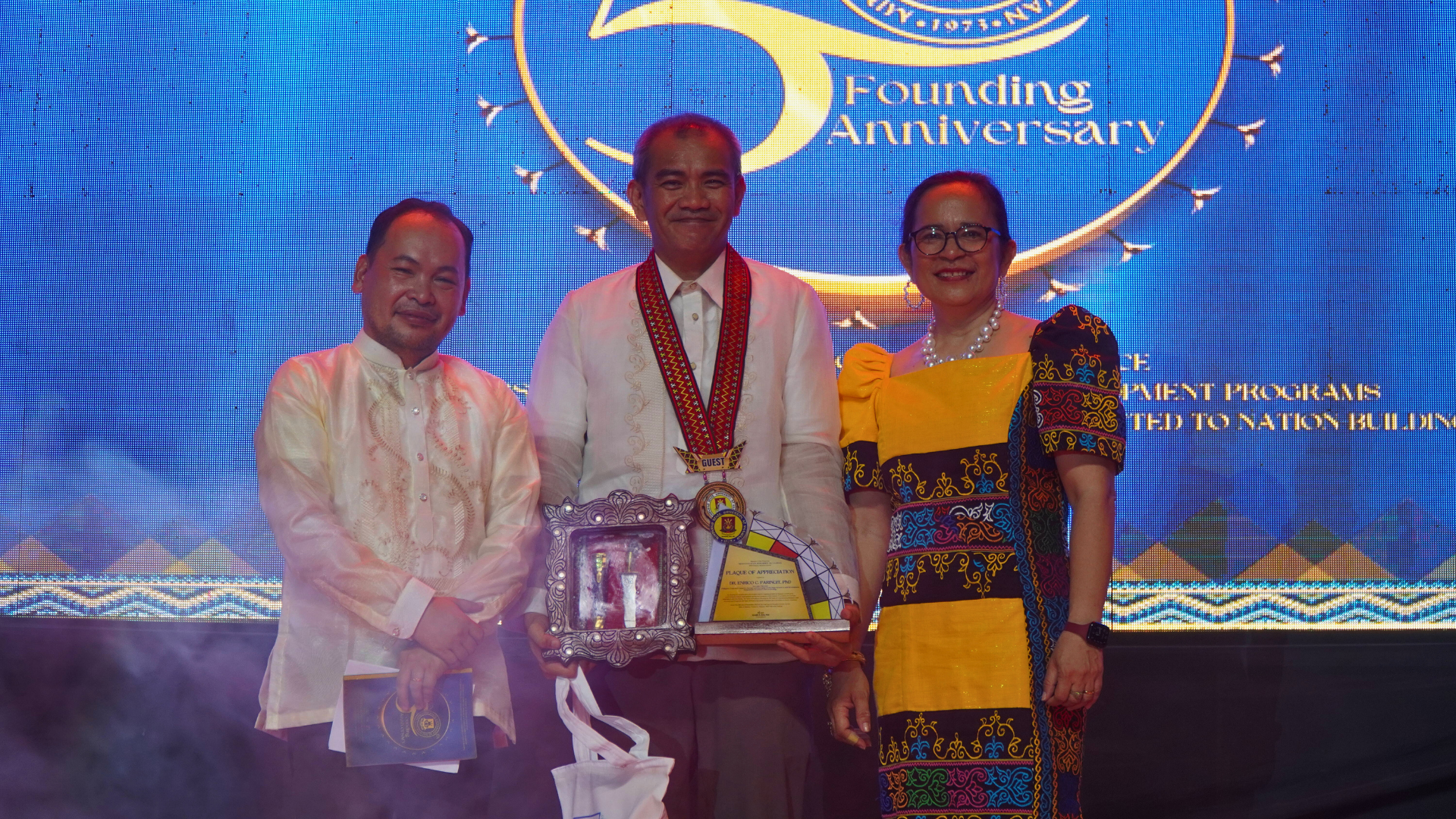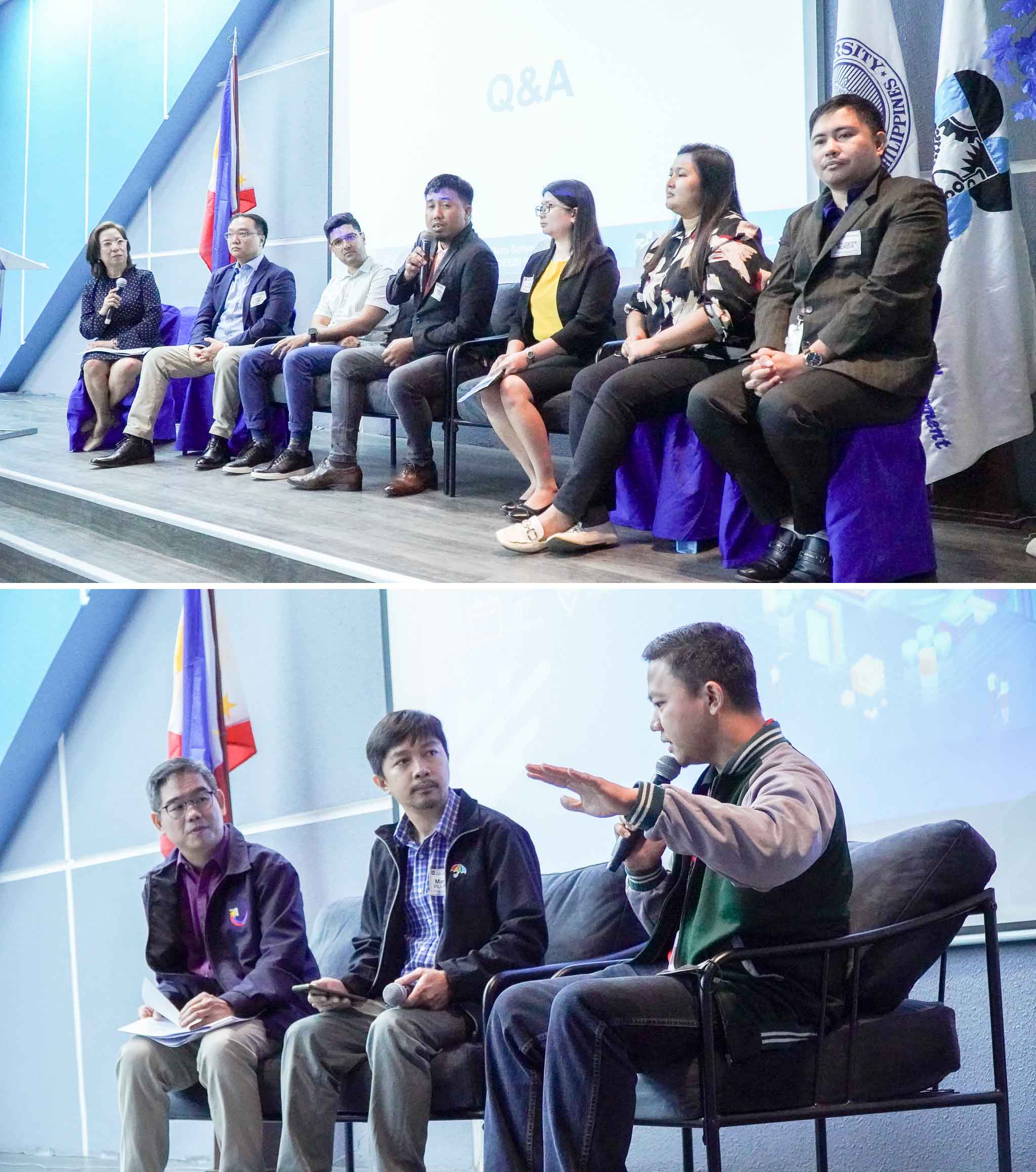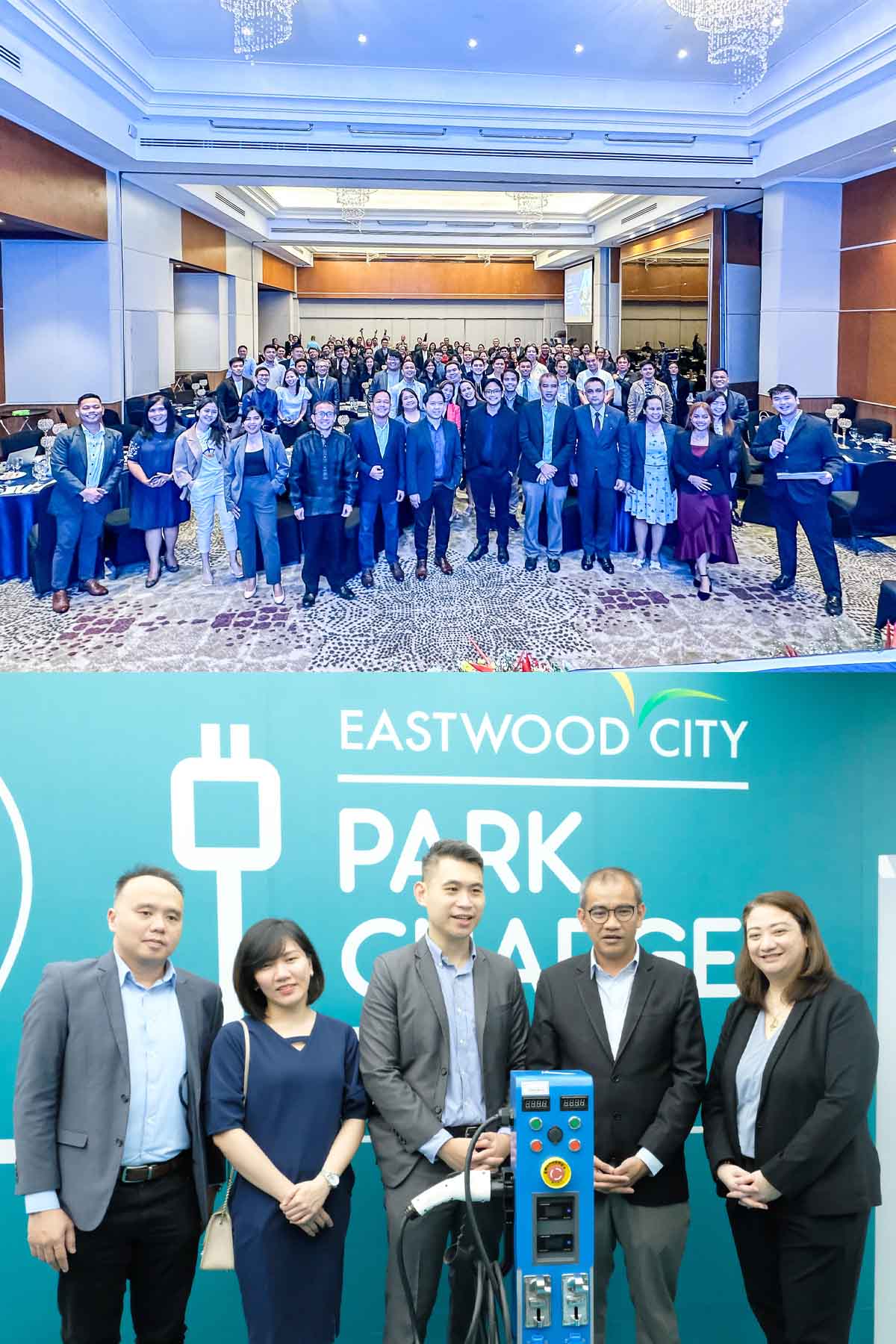The Department of Science and Technology - Philippine Council for Industry, Energy and Emerging Technology Research and Development (DOST-PCIEERD) is on the lookout for 10 new research and data science laboratories to spur innovation activities in the country in 2024.
DOST PCIEERD Executive Director Dr. Enrico C. Paringit made the announcement as the Council opens its Call for Proposals for the Institution Development Program (IDP), Regional Research Institution (RRI), Good Governance through Data Science and Decision Support Systems (GODDESS), and the Balik Saliksik program.
For the Institution Development Program (IDP), DOST-PCIEERD intends to fund five new research centers at a maximum of P5 million per project for a total of P25 million.
This funding support is open for the establishment and/or upgrading of research facilities/laboratories of academic and research institutions from member institutions of PCIEERD consortia.
“We also invite aspiring researchers and institutions, spanning Higher Education Institutes, government RDIs, non-profit S&T networks, private sector, and other innovators, to apply in our Regional Research Institution program,” DOST-PCIEERD Executive Director Enrico Paringit said. He added that the council has allocated a budget of P5 Million this year, supporting five RRI projects with a maximum grant of P1 Million each.
Good Governance through Data Science and Decision Support System (GODDESS) is also open for research grants with an allotted budget of P5 Million for the provision of funds for five GODDESS projects with a maximum grant of P1 Million. GODDESS welcomes researches that aim to develop technologies or systems using available data from institutions or collaborating partners such as Academic/Research Institutions, National Government Agencies (NGAs), Local Government Units (LGUs), or Micro, Small, and Medium Enterprises (MSMEs) that provides solutions to the challenges in urban mobility, energy management, e-governance and citizen services, and smart systems.
New Doctor of Philosophy (PhD) graduates are also encouraged to apply under Support for New PhD Researchers or Balik Saliksik Program. This grant is open to individuals who have obtained their PhD locally or abroad within the last three (3) years and whose specialization falls within the PCIEERD sectoral priority areas or the Harmonized National Research and Development Agenda. There are four available slots under this program with a maximum grant of P2 Million each.
All the applicants are required to submit proposals through the DOST e-Proposals portal at https://dpmis.dost.gov.ph before the closing date. Instructions for submission are also available on this site. Submission of the proposal is from January 29 to February 23, 2024, 5 PM.
Paringit expressed hope that through these opportunities, new researchers will be able to hone their skills and contribute to the innovation landscape in the country. (30)
“DOST is committed in discovering new talent and new fields that will put the Philippines at par with its global counterparts. As the Nexus of Innovation, we will continue to provide solutions and opportunities to our citizens and help them through science, technology, and innovation,” he said.








